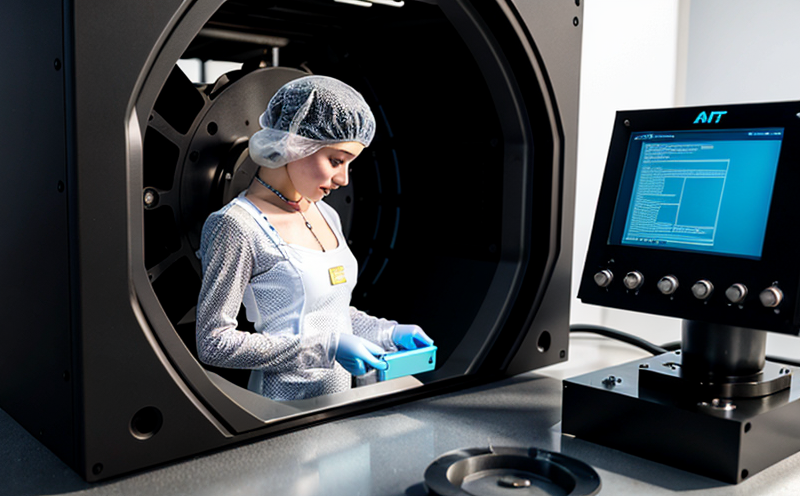ASTM F3302 Qualification of AM Nickel Alloy Components
The ASTM F3302 standard provides a qualification procedure specifically designed to ensure the reliability, repeatability, and reproducibility of additively manufactured (AM) nickel alloy components. This service is critical for industries such as aerospace, medical devices, and energy, where high-strength, corrosion-resistant materials are paramount.
The ASTM F3302 qualification process involves multiple stages aimed at validating the manufacturing process used to produce AM nickel alloy parts. The standard outlines specific requirements for both the components themselves and the processes involved in their production. Compliance with these standards is essential for manufacturers looking to ensure that their products meet strict quality and safety criteria.
The testing protocol encompasses a range of mechanical, chemical, and physical tests designed to assess various properties including strength, ductility, hardness, and corrosion resistance. These tests are conducted on samples taken from the manufactured components to provide comprehensive data on the performance of these critical materials.
For quality managers and compliance officers, this service offers peace of mind knowing that their products meet stringent industry standards. R&D engineers can rely on it for validating new AM processes or material combinations while procurement teams can ensure they are sourcing high-quality nickel alloy components from compliant manufacturers.
The ASTM F3302 process is particularly relevant in sectors where the failure of a single component could lead to catastrophic consequences, such as aerospace. By ensuring that every part meets these stringent standards, we contribute significantly to improving safety and reliability across various applications.
Scope and Methodology
| Test Parameter | Description |
|---|---|
| Mechanical Testing | Involves tensile, hardness, and impact testing to evaluate strength, ductility, and toughness. |
| Chemical Analysis | Determines the chemical composition of the nickel alloy components ensuring it meets specified chemical standards. |
| Electrochemical Testing | Assesses corrosion resistance by exposing samples to various environments and measuring their response. |
| Microstructural Analysis | Examines microstructure through optical and electron microscopy to assess grain size, structure, and defects. |
The ASTM F3302 qualification process begins with the selection of test specimens. These specimens are carefully prepared according to the standard's specifications before undergoing a series of tests aimed at evaluating their mechanical properties, chemical composition, and resistance to corrosion. Each step in this rigorous process is crucial for ensuring that additively manufactured nickel alloy components meet the stringent requirements set forth by the ASTM F3302 standard.
Customer Impact and Satisfaction
- Ensures consistent quality of AM nickel alloy components across different batches.
- Reduces risk of failures due to manufacturing inconsistencies or process variations.
- Improves overall product reliability, enhancing customer trust and satisfaction.
- Aids in meeting regulatory requirements, thereby reducing the likelihood of non-compliance penalties.
By adhering to ASTM F3302 standards, manufacturers can demonstrate their commitment to quality and safety. This not only enhances reputation but also opens up new market opportunities by gaining broader acceptance from regulators and customers alike. The confidence provided by this service helps ensure that products meet the highest industry standards.
International Acceptance and Recognition
The ASTM F3302 standard has gained widespread recognition across numerous industries, particularly those dealing with high-strength, corrosion-resistant materials like nickel alloys. Its acceptance in countries around the world ensures that manufacturers adhering to this standard can confidently sell their products globally.
Many international standards bodies have adopted or referenced ASTM F3302 within their own guidelines, further emphasizing its importance in the AM industry. This global recognition translates into increased trust among buyers and stakeholders, making it easier for compliant companies to establish themselves as leaders in their respective markets.





